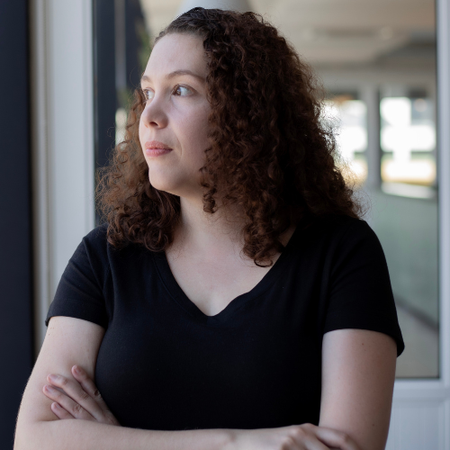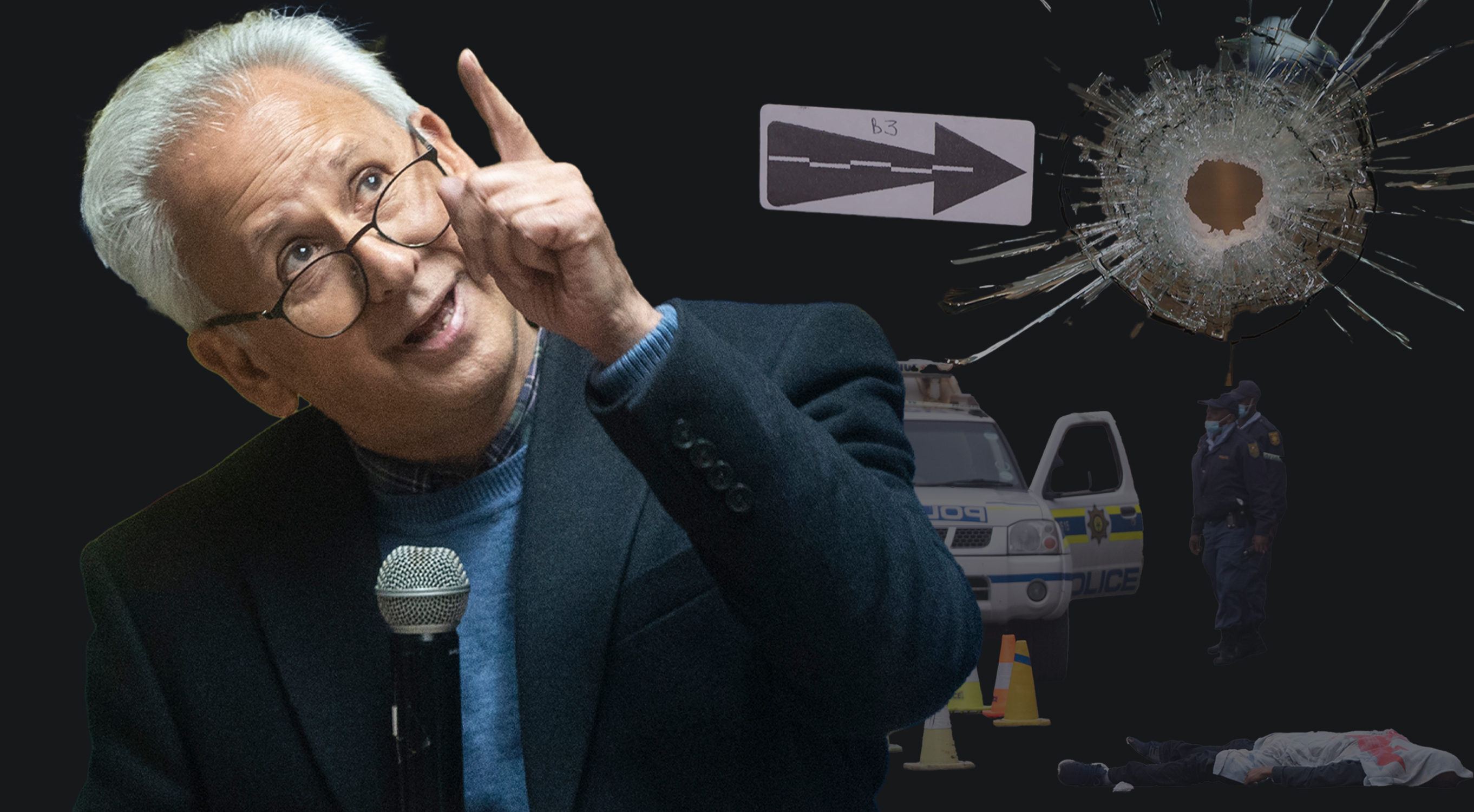The police in Cape Town are investigating three double murders that happened within hours of each other.
The six killings also happened just hours after Acting Police Minister Firoz Cachalia on Tuesday, 9 September 2025, acknowledged that intelligence-driven capabilities to thoroughly crack down on gang violence were still not completely in place.
There are other policing operations to try to prevent and quell gang shootings, but Cachalia’s concession was explosive. Especially when taking into consideration that deadly gang battles have plagued Cape Town and its surrounds for decades — for longer than South Africa has been a democracy — contributing to an ever-increasing murder toll.
‘What will it take?’
In Parliament on Wednesday during a police committee meeting, reference was made to the issue of gang violence still not being adequately dealt with despite decades having lapsed.
ActionSA’s Dereleen James said it was “shocking to learn” from Cachalia on Tuesday that there was “still no plan” to tackle the Western Cape’s gangsterism. This despite several imbizos on the problem having been held over the years.
James asked: “What will it take for the national commissioner, for the provincial commissioner to say, that… we have failed, we need to declare the Western Cape as a state of emergency?”
She also referenced the three double murders that happened on Tuesday night, suggesting this was due to lethargy in dealing with illegal guns.
In terms of those six killings, while the motives behind the shootings are not yet clear, the fatalities are among the latest adding to Cape Town’s broader murder toll.
A trio of double murders
Western Cape police spokesperson Sergeant Wesley Twigg on Wednesday said that the first in the series of shootings happened at about 9.50pm in Eikendal, which falls under Kuils River policing.
A 20- and 22-year-old were killed.
“The suspects fled the scene and have yet to be arrested,” Twigg said.
Two other double murders then happened nearly two hours later in Wallacedene, which also falls under Kuils River policing.
These two incidents may be linked.
Read more: Cape killings surge as baby and child shot dead amid staggering ‘270 murders’ in July
Twigg said two women were shot dead and a third person was wounded at about 11.30pm.
The next Wallacedene shooting happened about 10 minutes later.
It also claimed the lives of two women.
“Police members responded to a complaint of a shooting, and upon arrival at the scene found the victims inside a bedroom with gunshot wounds to their heads,” Twigg said.
He added that the motives for the shootings were under investigation.
These are the incidents that happened hours after Cachalia on Tuesday commented on policing and gang violence in Cape Town.
‘Still not fully in place’
Daily Maverick’s Vincent Cruywagen reported that Cachalia spoke after meeting groups in Mitchells Plain and Mfuleni, suburbs in Cape Town where gang violence is prevalent.
Cachalia said that challenges included that “there is no proper plan in Cape Town to deal with gang violence in the province”.
Read more: ‘No proper plan in Cape Town to deal with gang violence,’ says Firoz Cachalia
He added: “I spoke with the national police commissioner about what needs to be done. When I arrived in Cape Town, I also met with Provincial Commissioner Thembisile Patekile and the head of Crime Intelligence.
“The truth is that the capabilities required for intelligence-driven operations to defeat the scourge of gang violence and organised crime are still not fully in place.”
Cachalia also said that entrenched gang violence had escalated, and was transforming into organised transnational crime.
“These gangs are receiving drugs across our borders, and the trade has become their main source of wealth.”
[Underway] Stakeholder engagement at the Mitchells Plain Police Station. We are joined by the Deputy Minister of @DOJCD_ZA Members of the Portfolio Committee on Police and the MEC for Police Oversight. pic.twitter.com/DA29rZT513
— Professor Firoz Cachalia (@Prof_Cachalia) September 9, 2025
But gangsterism is obviously not new.
Neither is the knowledge of gangs being part of transnational organised crime. It has long been known that gangs operate with counterparts in other countries to get drugs in and out of South Africa.
In the 1990s, for example, there were investigations into Cape Town’s Colin Stanfield, the head of the gang conglomerate The Firm, over strong suspicions he was selling Mandrax on behalf of a group of politically connected businessmen in Johannesburg, who in turn had contacts in India.
This journalist’s book, Clash of the Cartels: Unmasking the global drug kingpins stalking South Africa, also provides in-depth details about how decades ago local and international crooks cultivated narco conduits through this country.
Age-old problem
Meanwhile, the time it is taking to get a proper grip on gang violence was referenced in Parliament during the police committee meeting on Wednesday. This topic — gangsterism — has been focused on in Parliament many times before.
Nearly 25 years ago, Parliament heard about how expansive gangsterism had become in the Western Cape, and the challenges it posed to the police.
“[The gangs] have top structures and lower structures, and they also conform to a code of conduct,” minutes from that November 2001 meeting say.
Another section says: “The extent of the problem was so far reaching that [the] South African Police [Service] could not give definite time frames when the problem of gangsterism would be addressed in its finality.”
And now, based on what Cachalia has said, it appears that there are still no definites, especially in terms of fully fledged intelligence plans to tackle the age-old scourge. DM





 Illustrative image | Acting Minister of Police Professor Firoz Cachalia. (Photo: Gallo Images / Brenton Geach) | Bullet holes. (Photo: Gallo Images / The Times / Esa Alexander) | A dead body lies on the ground after a suspected gang-related shooting. (Photo: Gallo Images / Brenton Geach)
Illustrative image | Acting Minister of Police Professor Firoz Cachalia. (Photo: Gallo Images / Brenton Geach) | Bullet holes. (Photo: Gallo Images / The Times / Esa Alexander) | A dead body lies on the ground after a suspected gang-related shooting. (Photo: Gallo Images / Brenton Geach)